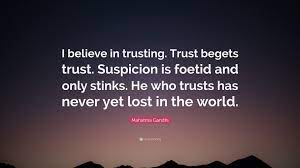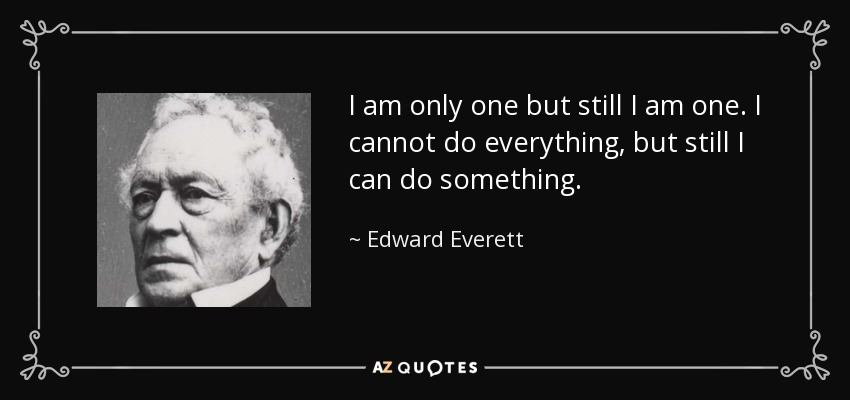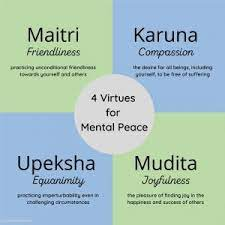Lifespan: Why We Age – and Why We Don't Have To

This is the title of a book by David Sinclair an Australian-American scientist on Genetics and Longevity. The sentence makes one want to read the book as all of us experience aging, resign ourselves to it's inevitability while wanting to have nothing to do with it. Let me make it clear, I have no intention to endorse this book except raise the question in the context of Vedanta or life and try to give an answer to myself and share the same with you my reader. Lifespan is a term related to the food chain and if we left everything to nature. I recollect reading about a demilitarized zone between North and South Korea where an area untouched by human development showed a revival of bio-diversity and species which was so remarkable, that there was a call to protect this area. So this is probably what is meant by life span of various forms of life. The remarkable complexity of life from a single cellular creature to complex multi-cellular mammals intermingling with the environment and



